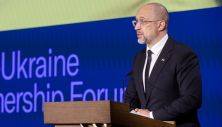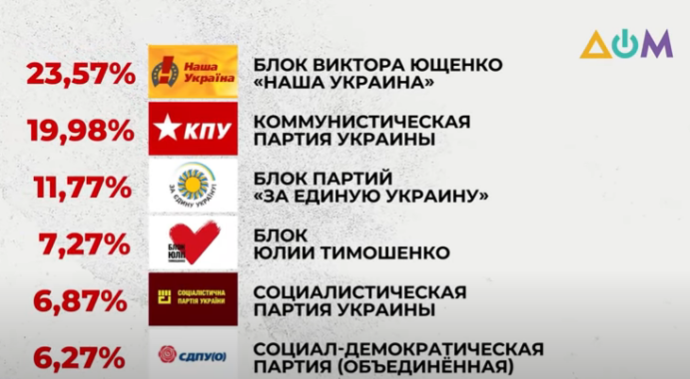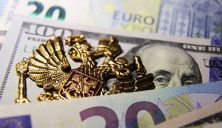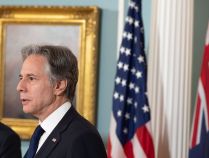2002 is the year of the infamous Sknyliv tragedy and the death of Valery Lobanovsky. It is also the year of Ukraine’s economic recovery, housing boom, consumer loans and the first fully domestic car. Shakhtar’s first “gold”, the third parliamentary elections – all this became a reality in the country in 2002.
We tell about it in the new issue of the documentary series “30 years of Independence” on the UA TV channel.
If in 2000 70% of purchases were made in the markets, then by 2002 there was an advantage towards supermarkets – dozens of them were opened.
Ukrainians still distrusted bank payment cards. But in the country 35,000 stores have already taken payment by card. Banks did their best to advertise non-cash payments.
This year begins a housing boom in the country – both construction and buying.
“This was already the period when the “Stalinka” ceased to be an elite home, I saw advertising: a house with its own medical center, solarium and laundry, for example. It’s ridiculous to read now, but then it was infrastructure” – says Iryna Tkachenko, director of a real estate company.
Since the early 90’s, apartment prices in the two largest cities, Kyiv and Kharkiv, have not changed significantly – “one-room” cost USD 8,000 and 4,000. But a few years of a stable dollar for 5 hryvnia change everything. In 2002, prices were already twice as high.
In 2002, Kyiv and Kharkiv merged not only the apartment boom, but also the capital’s express, the first daily train between the cities, a prototype of the future Intercity, which arrives in five hours. Ticket starts UAH 30 (USD 6). The route was opened solemnly – with ribbons and dances.
The products of the year were crab sticks. The Japanese invention of the 70s – imitation of crab meat from minced fish – has been known in Ukraine since the 90s. But by 2002, it was built own plant near Odesa. From that moment on, crab was the second main salad of any feast after Olivier.
“Show of twins” will be the name of the 2002 parliamentary campaign. This was the third election to the Rada, but the first where this technology was widely used: to find a namesake to disperse the votes of a majoritarian competitor, and even better – an whole party of the same name.













